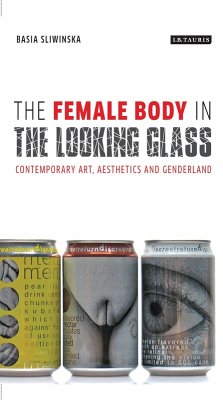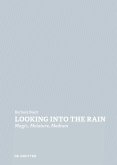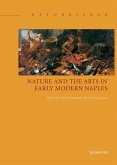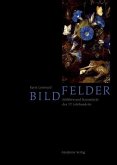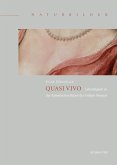In his theory of the 'mirror stage', the psychoanalyst and psychiatrist Jacques Lacan argued that the female body is defined by its lack of male attributes. Within this framework, he described female sexuality primarily as an absence, and assumed female subordination to the male gaze. However, what happens if one follows Jean Baudrillard's advice to 'swallow the mirror' and go through the 'looking-glass' to explore the reflections and realities that we encounter in the cultural mirror, which reflects the culture in question: its norms, ideals and values? What if the beautiful is inverted and becomes ugly; and the ugly is considered beautiful or shape-shifts into something conventionally thought of as beautiful? These are the fundamental questions that Basia Sliwinska poses in this important new enquiry into gender identity and the politics of vision in contemporary women's art.Through an innovative discussion of the mirror as a metaphor, Sliwinska reveals how the post-1989 practices of woman artists from both sides of the former Iron Curtain - such as Joanna Rajkowska, Marina Abramovic, Boryana Rossa, Natalia LL and Anetta Mona Chisa and Lucia Tkacova - go beyond gender binaries and instead embrace otherness and difference by playing with visual tropes of femininity.
Their provocative works offer alternative representations of the female body to those seen in the cultural mirror. Their art challenges and deconstructs patriarchal representations of the social and cultural 'other', associated with visual tropes of femininity such as Alice in Wonderland, Venus and Medusa. The Female Body in the Looking-Glass makes a refreshing, radical intervention into art theory and cultural studies by offering new theoretical concepts such as 'the mirror' and 'genderland' (inspired by Alice's adventures in Wonderland) as critical tools with which we can analyse and explain recent developments in women's art.
Their provocative works offer alternative representations of the female body to those seen in the cultural mirror. Their art challenges and deconstructs patriarchal representations of the social and cultural 'other', associated with visual tropes of femininity such as Alice in Wonderland, Venus and Medusa. The Female Body in the Looking-Glass makes a refreshing, radical intervention into art theory and cultural studies by offering new theoretical concepts such as 'the mirror' and 'genderland' (inspired by Alice's adventures in Wonderland) as critical tools with which we can analyse and explain recent developments in women's art.

